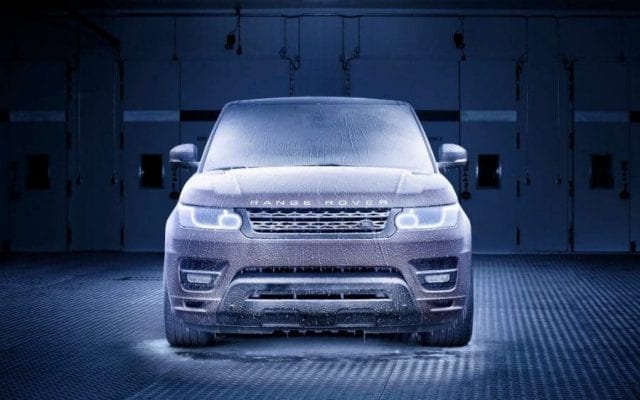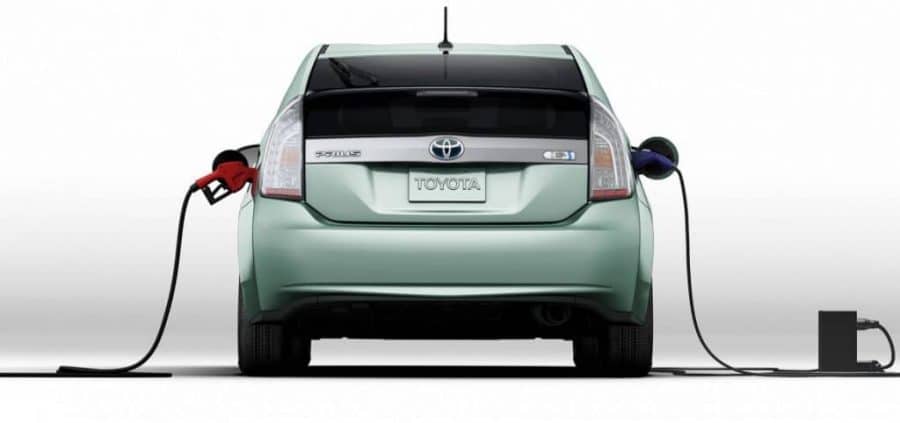With the effect of global warming becoming very clear every day, there is the obvious need for clean energy for everything including cars. In the United States, it is stated that emission from cars contributes to as much as 30% of the global warming emissions alongside trucks, planes, trains, ships, and freight. Because of this, many countries that are banning fossil fuel vehicles or internal combustion engines.
It gets interesting to realize that there are many countries that have started banning fossil fuel vehicles since 2005 when Iceland made an attempt to avoid gasoline. More importantly, there are many countries that have already joined the list of countries that are heading towards hybrid and fully electric cars.
To put it in the right perspective, the cars that are banned include those that make use of gasoline (gas or petrol), LPG and diesel.
Here are 11 countries that are banning fossil fuel vehicles

1. Germany
Announced Date: 2016
Ban Commences: 2050
Germany’s Federal Council in October 2016, proposed and passed a resolution that places a total ban on internal combustion engines by 2030, becoming the first country in the world to implement the ban. However, the decision to implement the ban is key to Germany being the fourth largest car manufacturing industry in the world.
Similarly, its also home to some of the major car makers in the world. However, veteran car makers like Mercedes Benz and Volkswagen are gearing up on their hydrogen and electric car efforts.
2. Norway
Announced Date: 2016
Ban Commences: 2025
Norway is another country that followed in the footsteps of Germany. In February 2017, the country didn’t only ban fossil fuel cars, they’ve set a 5 year earlier Target than Germany which means that by the year 2025, the country will only sell 100 percent electric cars and do away with petrol and Diesel cars.
However, the country’s implementation plan is further strengthened by “the green tax system”.
Similarly, according to the Norwegian Public Roads Administration: “By 2030, heavy-duty vans, 75% of new long-distance buses, and 50% of new trucks must be zero emission vehicles.”
3. France
Announced Date: 2017
Ban Commences: 2040
During the historic Paris climate change deal, a course was set for radical changes to the country’s climate change strategies. And part of the strategy is the ban on all diesel and petrol cars which will come into effect by the year 2040. It will be a step by step action according to the Country’s Ministry of Ecology, Sustainable Development and Energy, which includes having “a fleet of 2.4 million rechargeable electric and hybrid vehicles, as well as a 3% of NGV heavy-duty vehicles” by 2023.
4. The U.K.
Announced Date: 2017
Ban Commences: 2040 – England, Wales, Northern Ireland and 2032 – Scotland
The U.K. has also joined the league of nations placing bans on diesel and petrol cars. The ban will be effective by 2040 as part of a measure to improve the country’s air quality. In this regard, an initiative was introduced for local councils to be given $4.06 billion (£3 billion) to help in combating the country’s poor air quality.
5. India
Announced Date: 2017
Ban Commences: 2030
In Asia, India has introduced a similar policy to that of Norway to allow only the sale of full-scale electric cars by the year 2030. The project will be financed by the Government of India.
6. The Netherlands

Announced Date: 2017
Ban Commences: 2030
The Dutch Government in October 2017 proposed a plan to ban all petrol and Diesel vehicles by 2030- that is all new cars in the country must be emission-free.
However, in order to push the plan forward, a good number of other policies were introduced. This saw the phasing out of all-electric zero emission vehicles and it brought down the sale of hybrid vehicles in parallel to increase in the sale of electric vehicles.
Meanwhile, a fleet of 100 electric buses were introduced to operate within Amsterdam International Airport and some other public routes.
7. Israel
Announced Date: 2018
Ban Commences: 2030
According to Israel’s Minister of Energy, as from 2030 onwards, the country will create other means and will not allow imported cars that run on gasoline and Diesel into its country. The plan will see the Country’s automobiles running on natural gas and it’s transportation system to be based on natural gas or electricity.
8. Ireland
Announced Date: 2018
Ban Commences: 2030
A project document tagged “Ireland 2040” was signed in February 2018 setting in motion the plan to phase out non-zero emission cars by 2045 under the country’s climate action scheme.
The country plans to have approximately 500,000 electric vehicles on its roads and put a complete stop to the sale of non-zero emission cars by 2030.
See Also: Solar Cars: 2019 May Just Be the Year We Would See Them
However, part of the project also includes a Renewable Electricity Support Scheme that will be used in providing about 4,500MW of additional renewable electricity by 2030 to help in reducing the environmental impact of electric cars.
9. Taiwan
Announced Date: 2018
Ban Commences: 2040
Taiwan is another country that has laid out plans to ban petrol and Diesel cars. As part of the policy, the country plans to set up more than 3,300 battery charging stations and swapping centers for electric scooters in the country. This is in line with its motion of phasing out gasoline-powered vehicles and curbing air pollution.
Similarly, it would ban sales of non-electric motorcycles by 2035 and four-wheel petrol vehicles by 2040.
10. China
Announced Date: 2017
Ban Commences: 2040
Another country banning fossil fuel vehicles, China announced in 2017 that its ban which will cover the production and sale of internal combustion engine (ICE) cars will commence in 2040 will cover gasoline and diesel. With that said, China is the biggest auto market in the world if you are considering the number of sales.
Since 2016, China had already gone ahead of the United States to become the biggest electric car market. Hence, the emphasis is to open more doors for electric cars while doing off with ICE vehicles.














